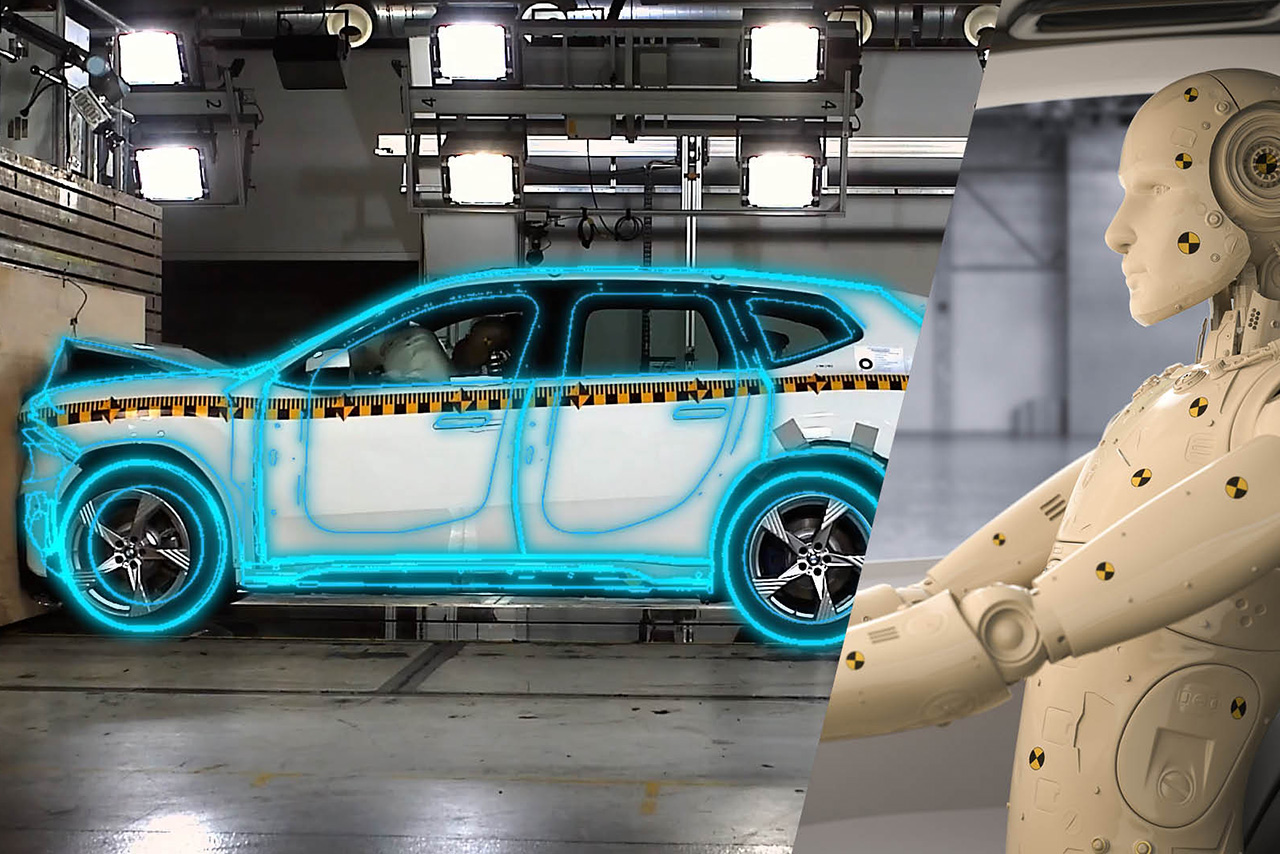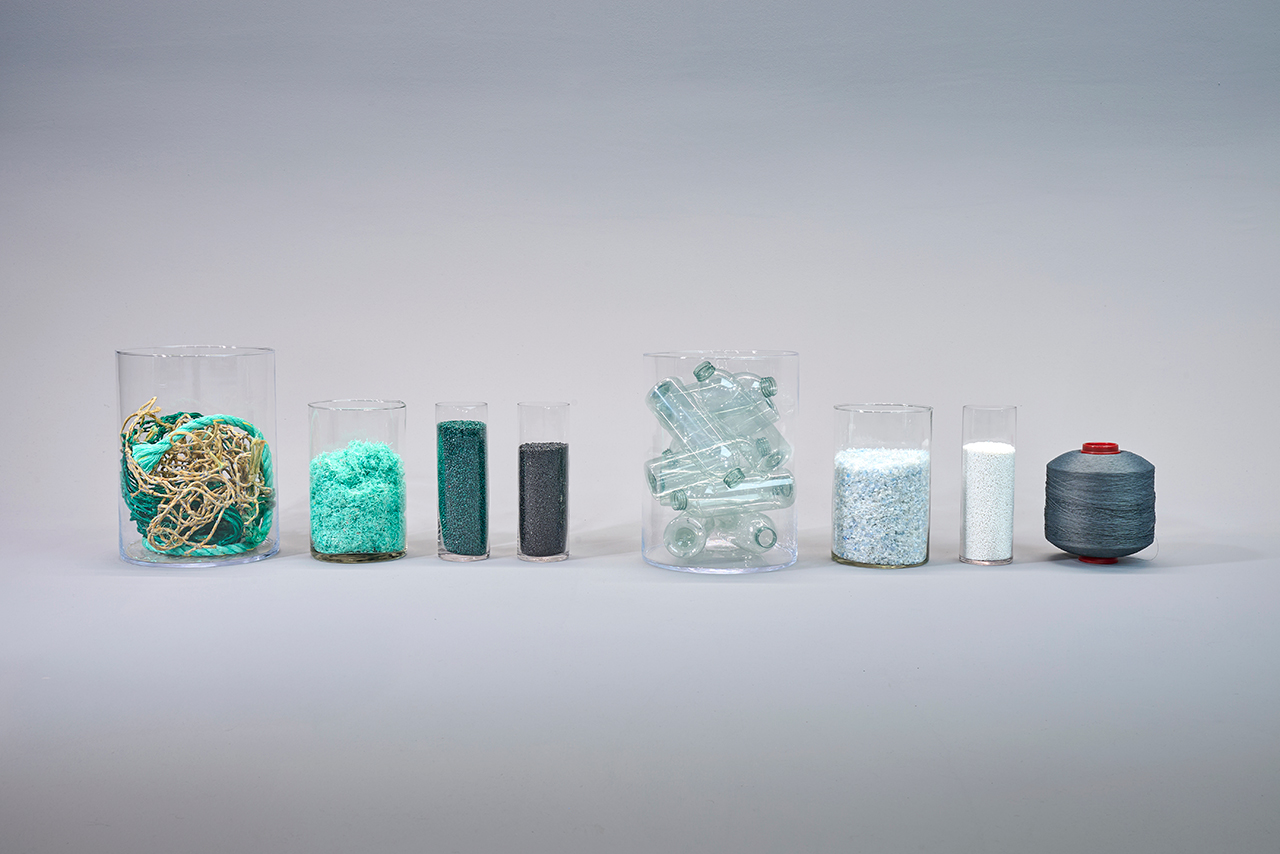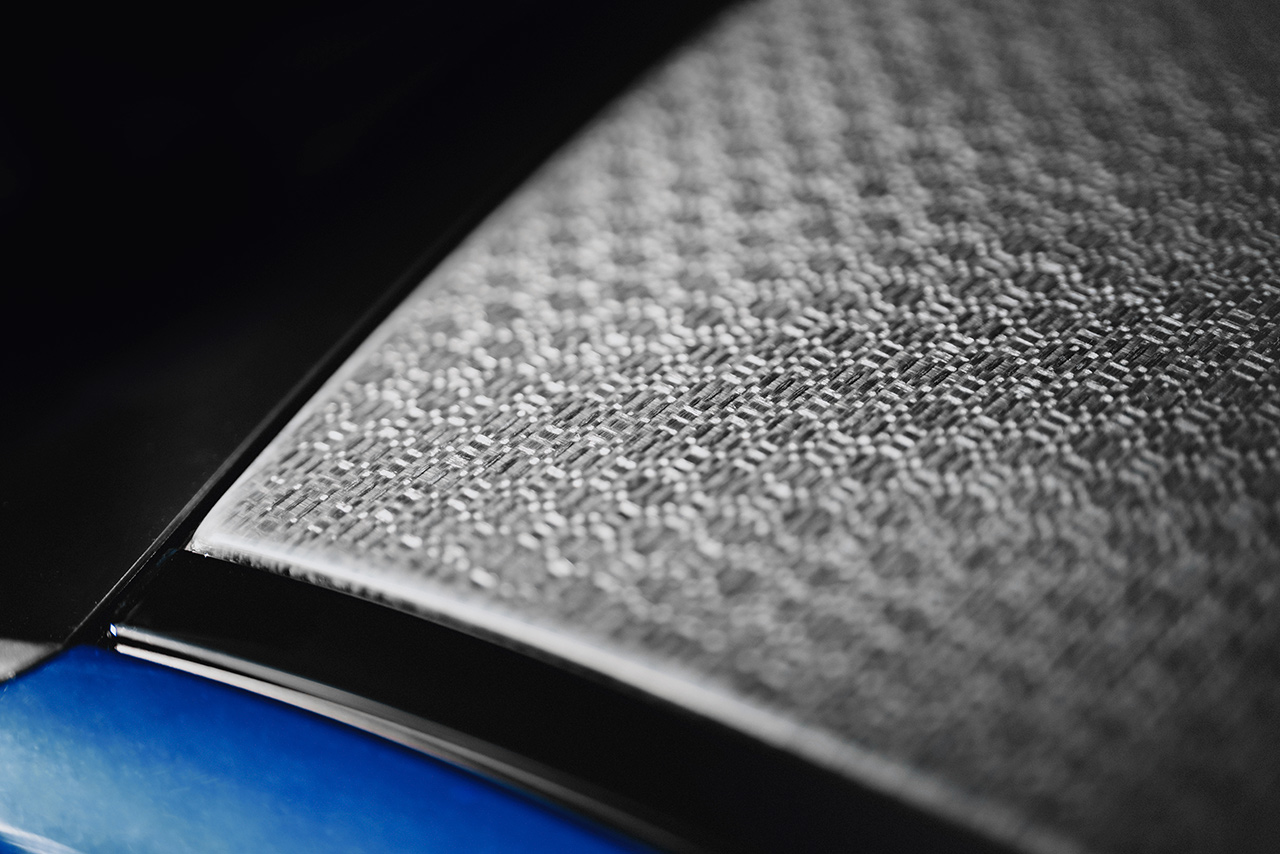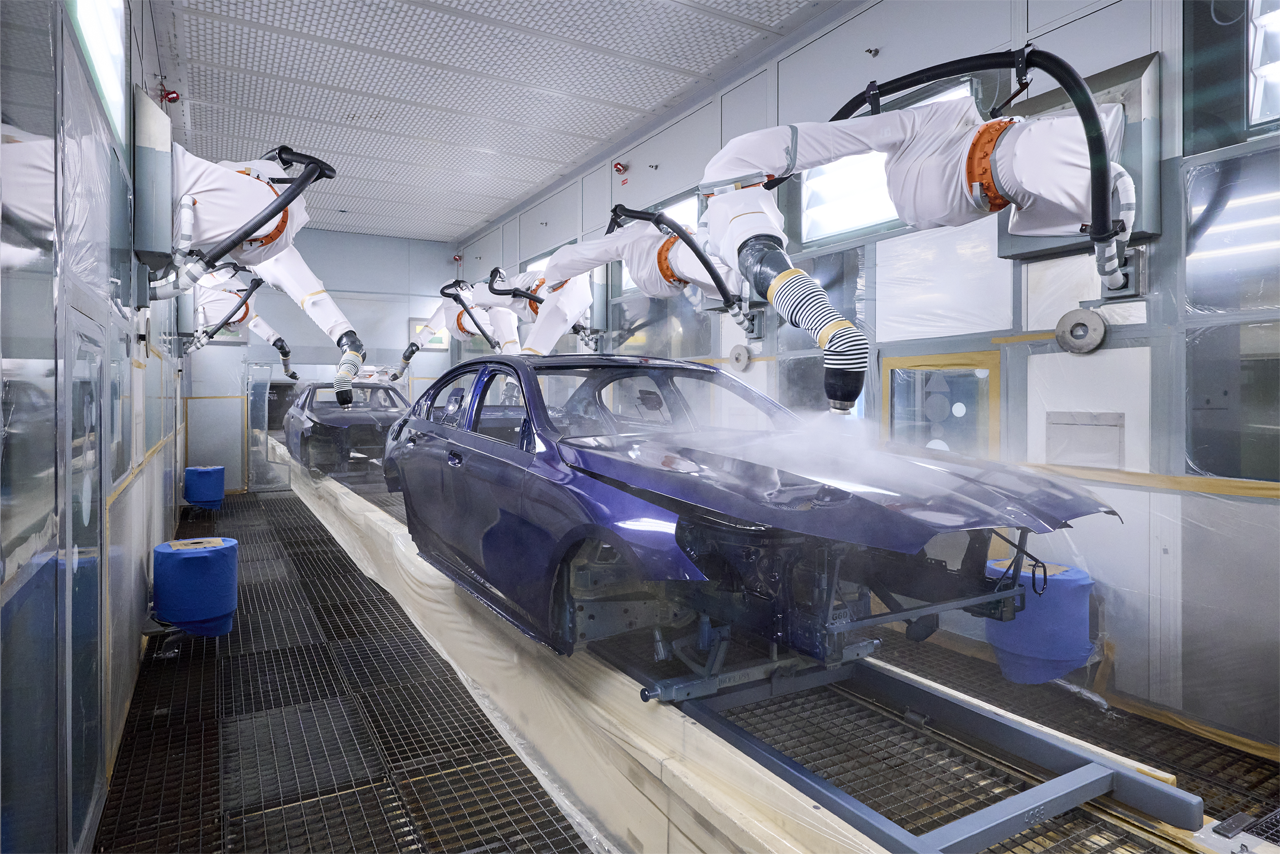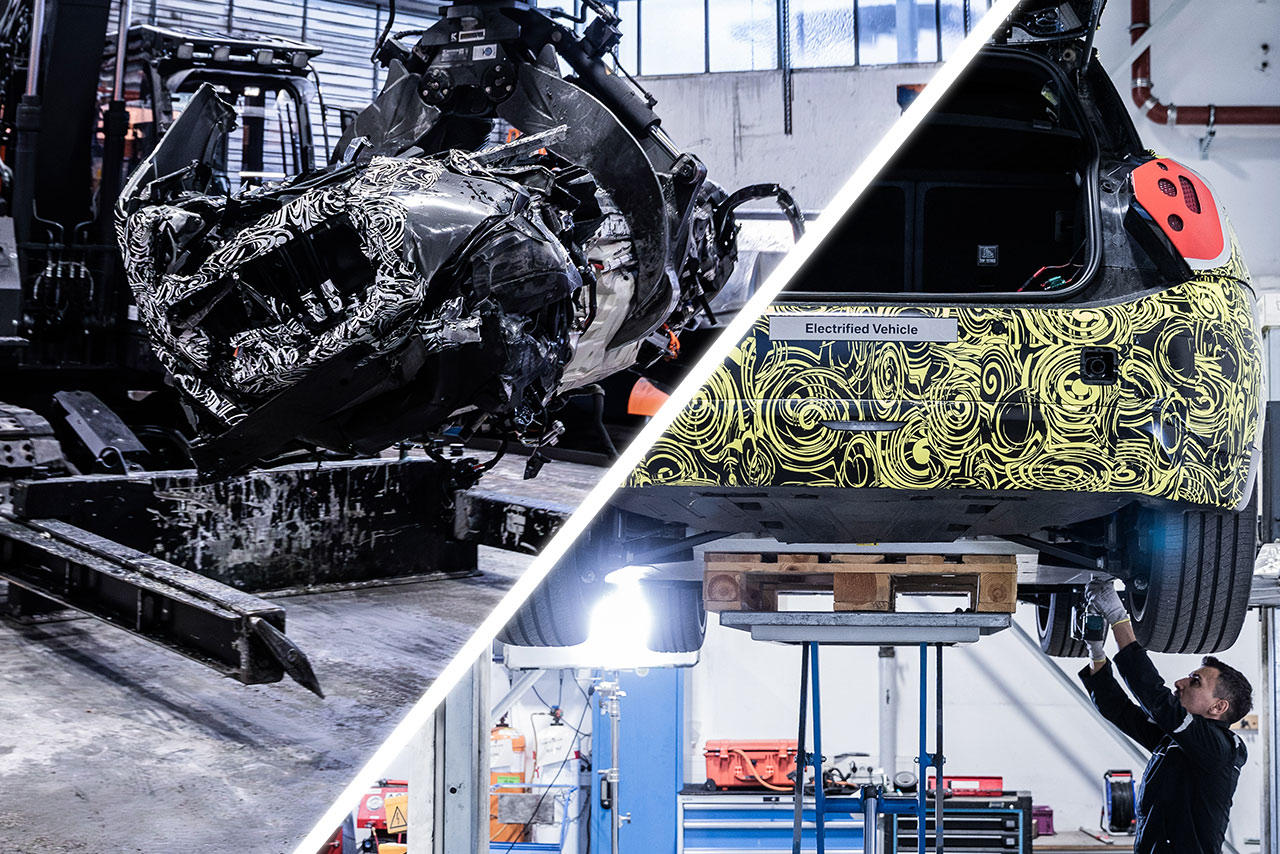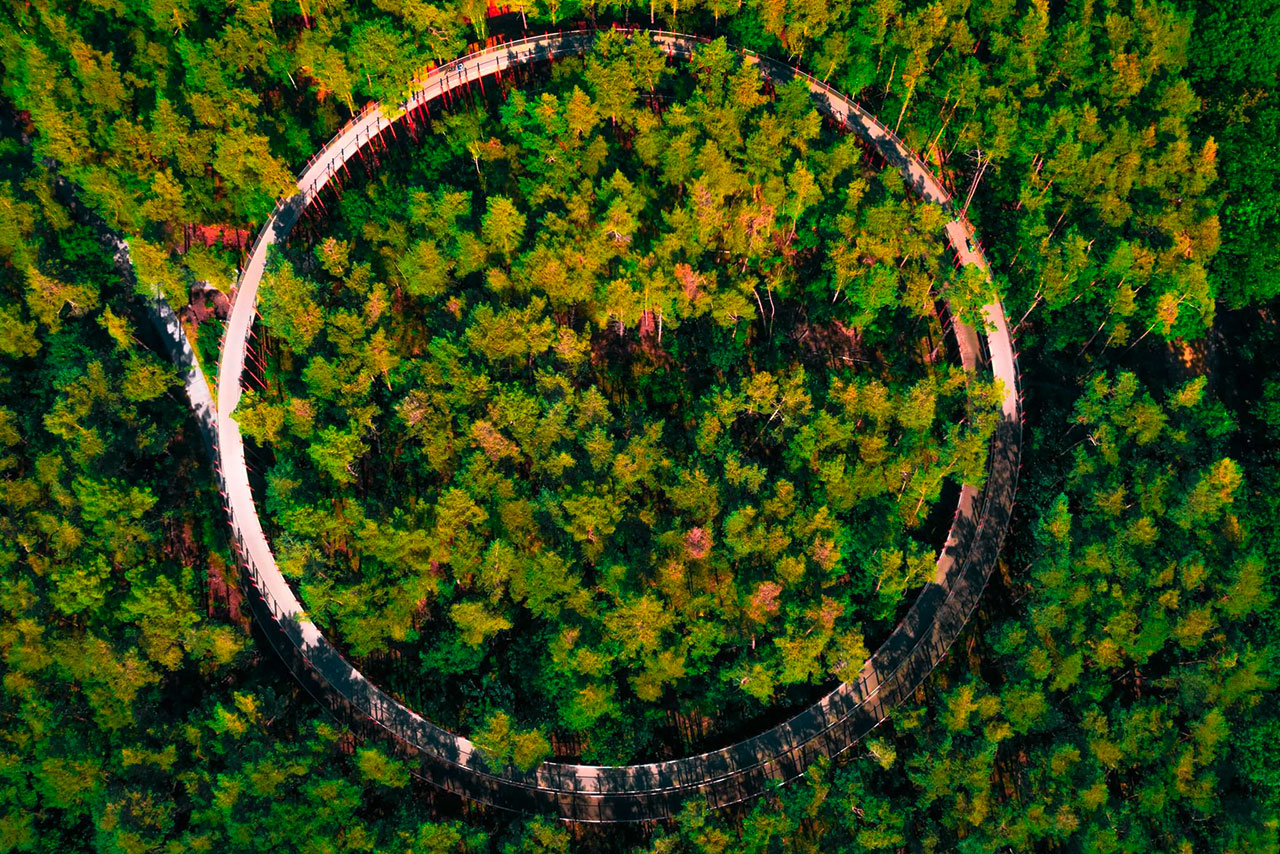Cobalt is an essential requirement for a powerful battery in an electric vehicle. However, violations of human rights, labour and environmental standards during the mining of this metal in the Congo cannot be completely ruled out. Therefore, the BMW Group aspires to achieve the greatest possible transparency in its battery supply chain in order to continue in future to obtain cobalt from sustainable mining.
Electrically powered vehicles give us the guarantee of low-emissions, which in turn result in environmentally friendly mobility. But like smartphones or laptops, their performance is dependant above all on high-quality lithium-ion batteries, the manufacture of which requires cobalt. Because this metal ensures a high energy density in the battery, it is mined on a large scale.
The BMW Group currently only obtains cobalt directly through the purchase of battery cells. However, taking all stages of the value chain into account is an integral part of the company’s corporate strategy. For this reason, the BMW Group also examines the origin of this raw material very closely and critically. This applies above all to the Democratic Republic of the Congo, from where two thirds of the quantities required worldwide originate.
“We are working intensively on measures to ensure that our suppliers and their supply chain also consistently comply with the social and environmental standards we expect. This is currently only guaranteed in large-scale industrial mining. However, around 20 percent of cobalt produced in the Congo originates from artisanal mines where workers mine cobalt on a small scale using simple tools,” says Claudia Becker, expert for sustainable purchasing at the BMW Group.









